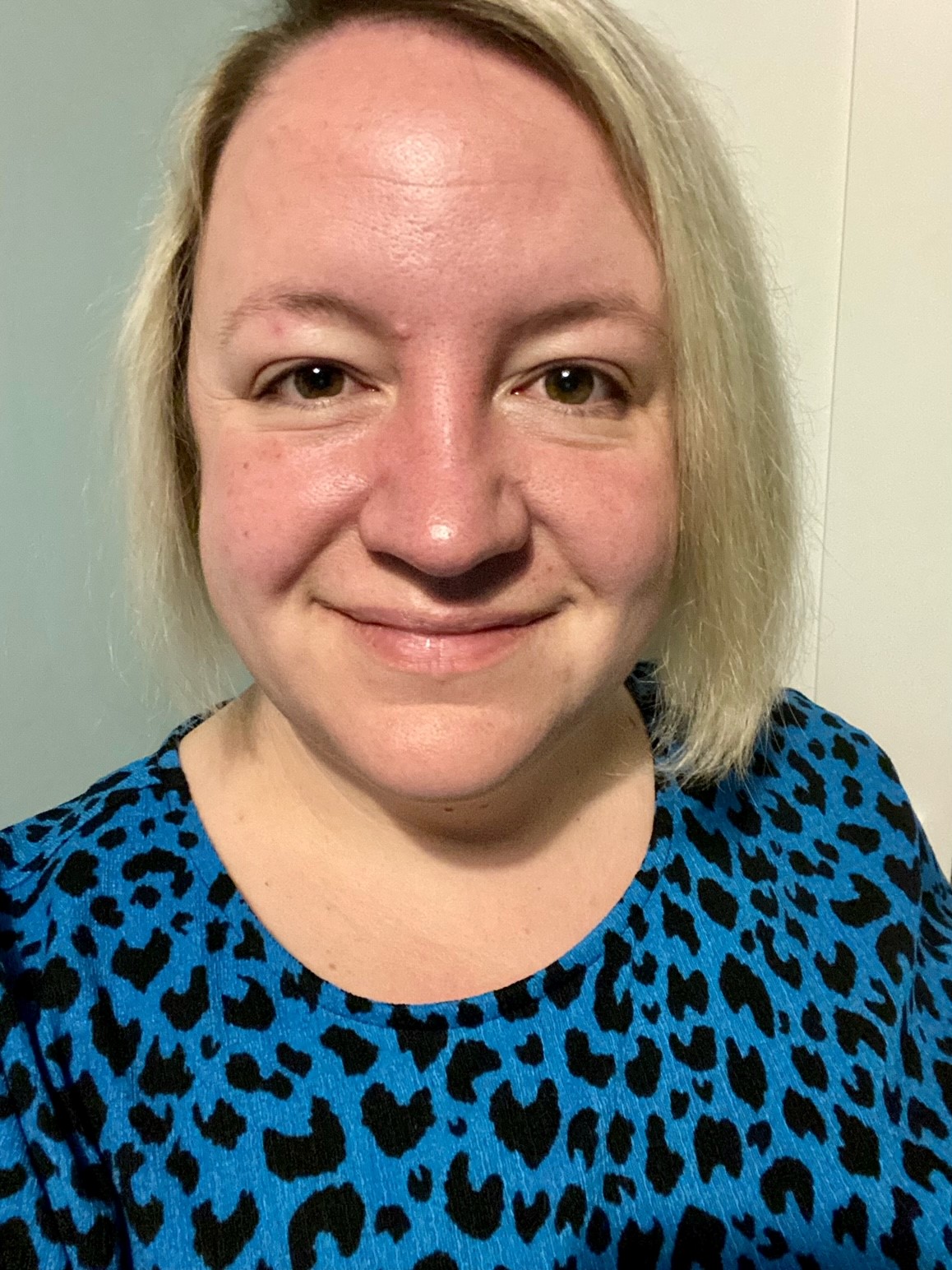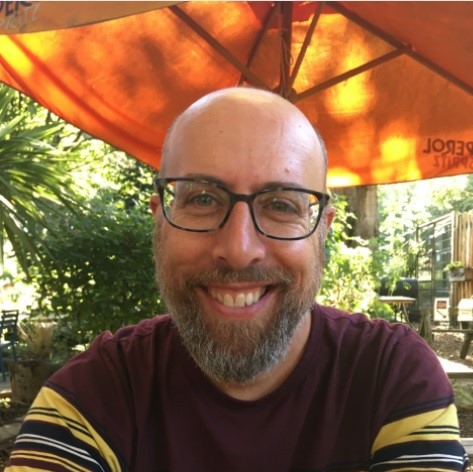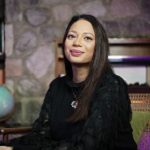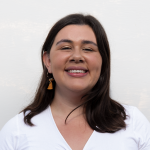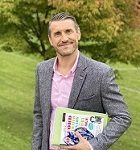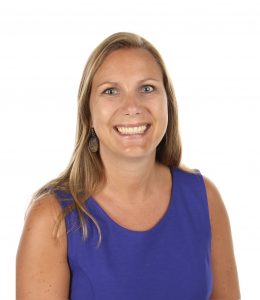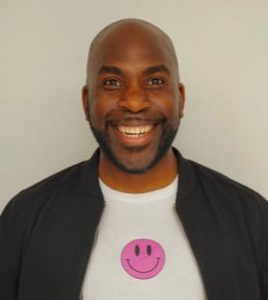37. Unlock Edexcel GCSE History Success

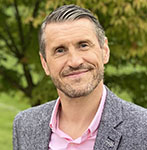



Hear from our team of experienced Edexcel History teacher-authors as they share their tips and advice on how Oxford’s approach can help students succeed in their Edexcel exams.
Aaron Wilkes has over 20 years’ experience working in schools as a teacher, department, and faculty leader. He also works with the PGCE History trainees at the University of Warwick. In addition to his classroom experience, Aaron is also one of the leading history authors in school publishing and his KS3 History series, now in fourth edition and published by Oxford University Press, is currently the best-selling KS3 History series in the UK. Aaron is also Series Editor/co-author of OUP’s NEW KS3 Depth Studies: The British Empire, African Kingdoms, Fight for Rights, and Migration Nation. He is the Series Editor/co-author of OUP’s KS4 History textbooks which match the AQA and Edexcel GCSE History specifications, and is involved with the BBC as an Educational Consultant for their Bitesize and Teach series.
Aaron tweets at @WilkesHistory
Lindsay Bruce is a Deputy Headteacher of a 3-19 special school where she still teaches History. She has worked with OUP since 2015 and has contributed to the AQA and Edexcel GCSE History series, KS3 content, Revision Guides, Kerboodle, Teacher Handbooks and the OUP Word Gap resources.
Lindsay tweets at @HistoryTeach0
James Ball has worked as a History Teacher, Head of History and Head of Humanities in schools in the West Midlands for nearly 20 years. For much of that time, he has authored textbooks alongside his teaching career – including co-authoring OUP’s Edexcel Medicine in Britain student book. He now lives in Copenhagen and writes full-time, authoring textbooks, creating resources and penning educational articles and blogs for numerous publishers, EdTech companies and charities.
Liam Hall has served as Head of History at a school in the West Midlands for eight years. During this period, he has worked as an assistant examiner for Pearson and has co-authored Oxford’s GCSE textbook on Edexcel Medicine in Britain. He has also written online resources for OUP’s On Your Marks series and, in 2018, appeared on BBC’s Back in Time for School series.
Liam tweets at @HallHistoryGuy
Richard McFahn is the ITE History Lead Tutor. He has worked for 25 years as a History Teacher, Subject and Senior Leader, Advanced Skills Teacher and Local Authority Adviser. As a teacher Richard helped set up and develop a series of thriving and sustainable teacher networks in Hampshire, which Ofsted have subsequently described as best practice. Richard has regularly led well-received workshops and opening plenary sessions at the Schools History Project and the Historical Association Conferences. He has written several books, articles and numerous blogs on different aspects of History Teaching. Richard created, developed and now curates History Resource Cupboard a website aimed at supporting history teachers. He is also the co-founder and editor of Practical Histories an online magazine for history teachers. In 2017 he won a student-led teaching award at The University of Sussex. In 2018 with the ITE team he won a teaching award for outstanding student support. In 2020 Richard was nominated for The Sussex Teaching to Disrupt Award.
Richard tweets at @HistoryResource
Further reading and support:
• This podcast was first recorded as an Oxford Education webinar. View the slides via the webinar recording.
• Find out more about Oxford’s Edexcel GCSE History series.
• Explore our new Oxford Revise revision guides for Edexcel GCSE History with discounts available to schools.
• More revision support for students and parents is available on the Oxford Revise Hub.


